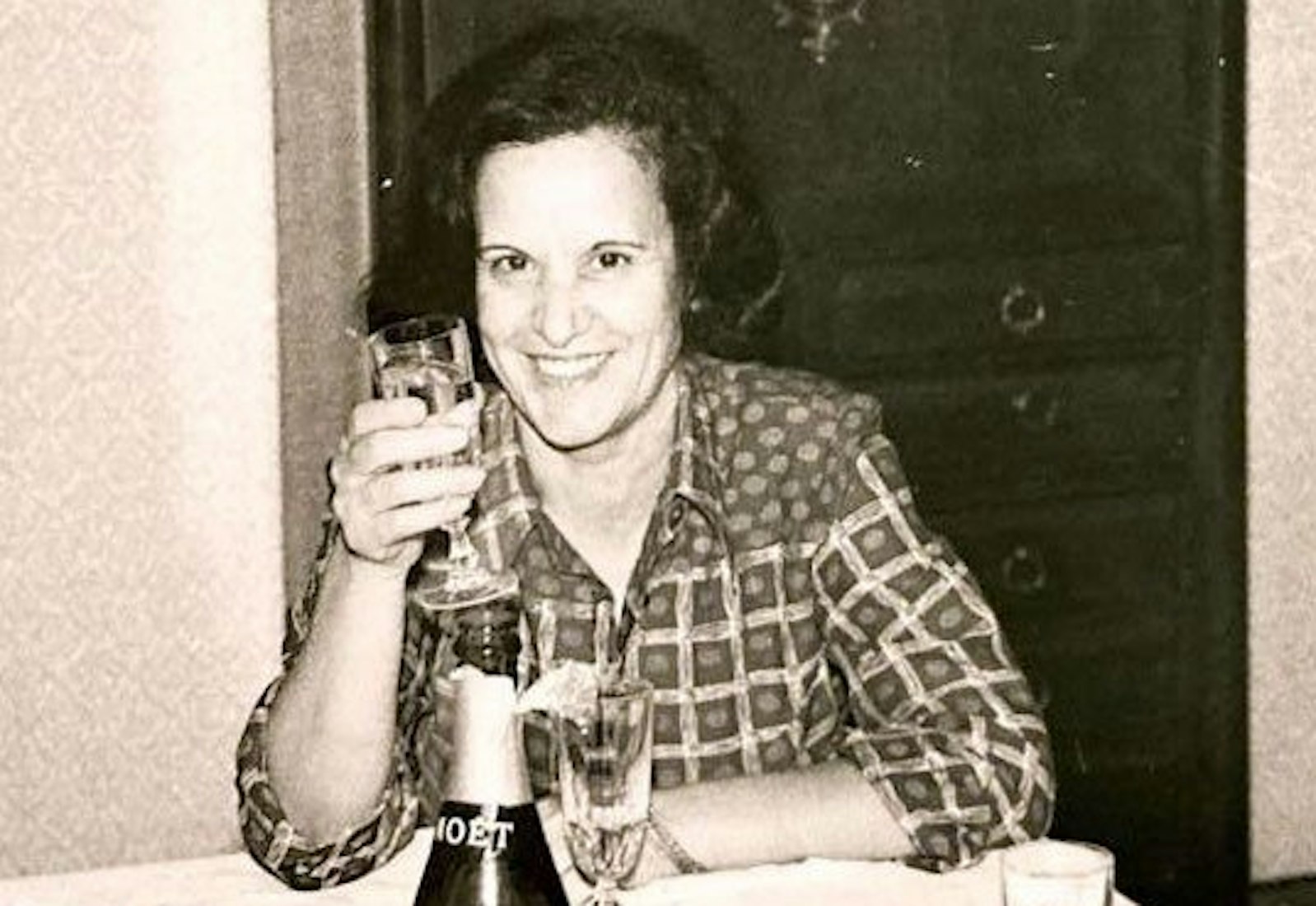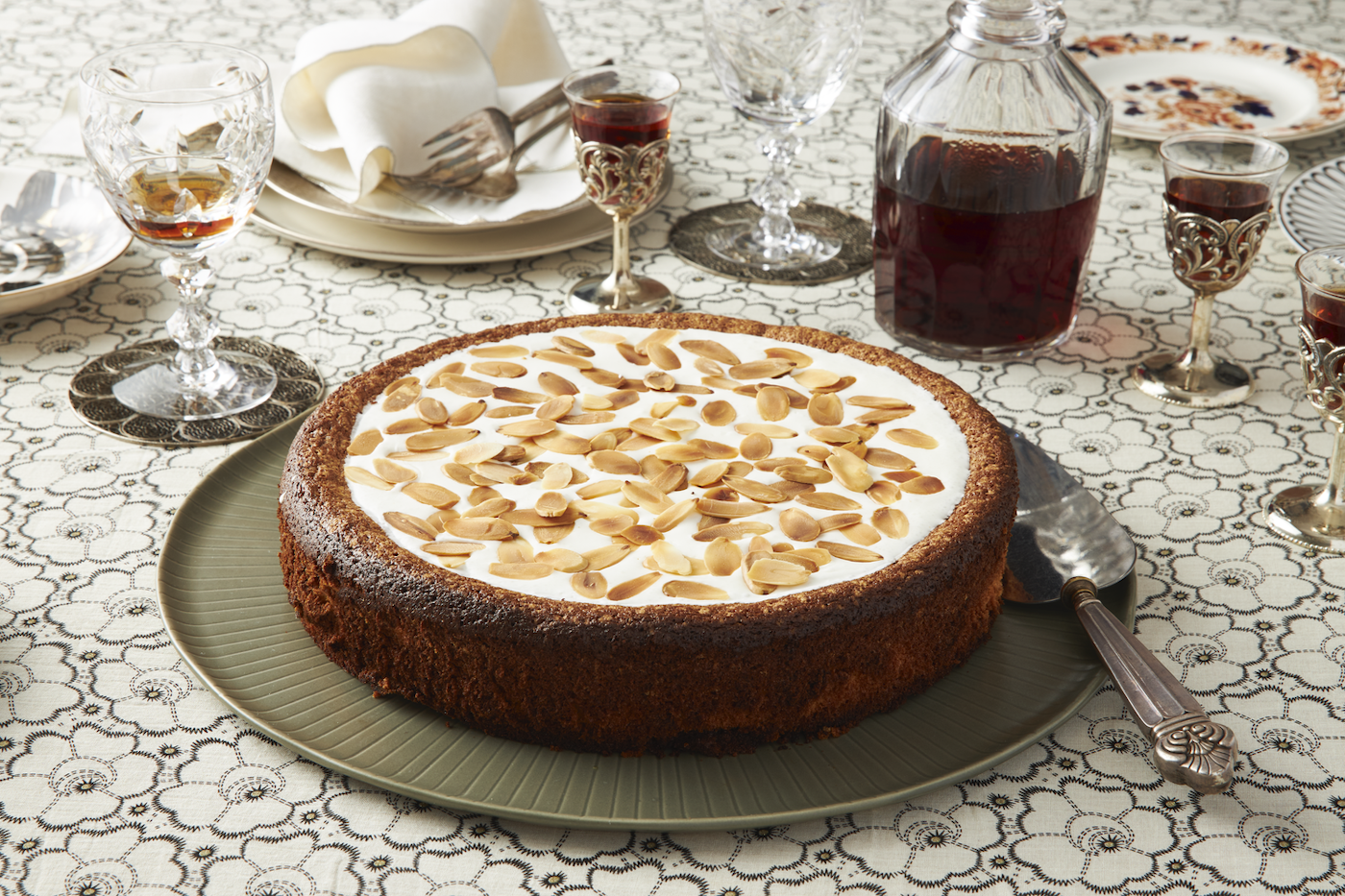Shared by Benedetta Jasmine Guetta


Cookbook author Benedetta Jasmine Guetta remembers dueling religious services at the Sinagoga Centrale or Central Synagogue of Milan. Upstairs, a community that followed Italian traditions prayed, while downstairs, Jews from Libya and Lebanon hosted services according to their customs. “For part of my life, I was conflicted,” Benedetta explains. The two services represented “both sides of my identity” — Libyan and Italian.
In 1955, Benedetta’s father and grandparents fled Tripoli for Milan to escape pogroms that followed World War II. In Italy, they joined a Jewish community that’s more than 2,000 years old, becoming both part of it and apart from it. “Like every Libyan Jews, they had a really strong connection to their motherland. They never grew out of it,” Benedetta says. Meanwhile, her mother Donatella grew up in an Italian home in Piemonte and “converted for love.”
The cooking in their home was a mix of Italian and Libyan recipes that Donatella learned from her mother-in-law Malu (a nickname for Emilia). Libyan Jewish dishes like chraime or fish in a spicy sauce and mafrum, or meat and vegetable fried together and plunged into tomato sauce, were reserved mostly for holidays, while day to day, the food in the family was more classic Italian.
In one pastry, though, Benedetta’s Italian and Libyan roots met up. For a long time, Benedetta debated if bocca di dama, a delicate almond cake her grandmother made, was Libyan or Italian. Researching her new book “Cooking alla Giudia: A Celebration of the Jewish Food of Italy,” she learned the recipe zigzagged around the Mediterranean. “While the origins of this cake are most likely Portuguese, it had a first wave of popularity in Italy in 1660, in Livorno, when a local Jewish baker served it to the grand duke of the region,” she writes. Through trade routes between Tripoli and Livorno, the cake spread to the Jewish community in Libya.
“When my grandmother came from Libya to Italy, she brought this recipe with her,” Benedetta tells us. She wasn’t alone, other Libyan cooks who immigrated to Italy around the same time did as well. And, four hundred years after its first wave of popularity, it became fashionable again.
